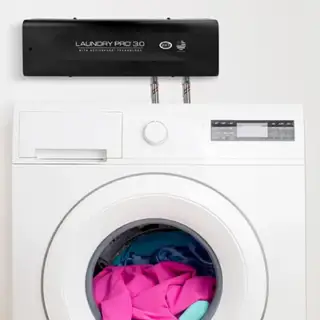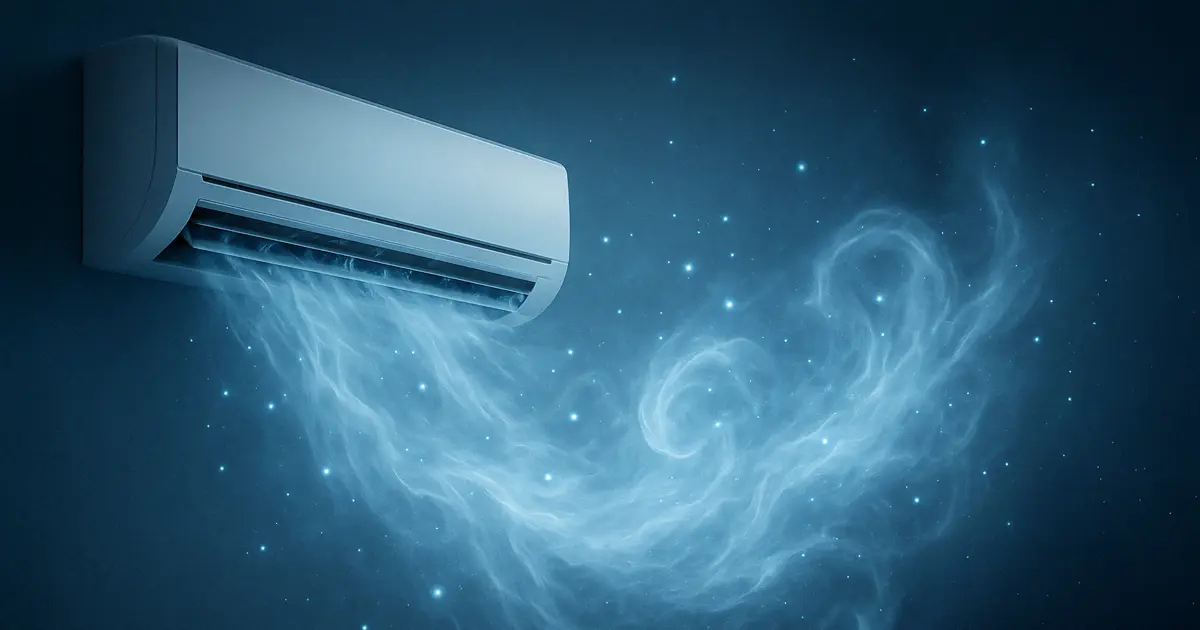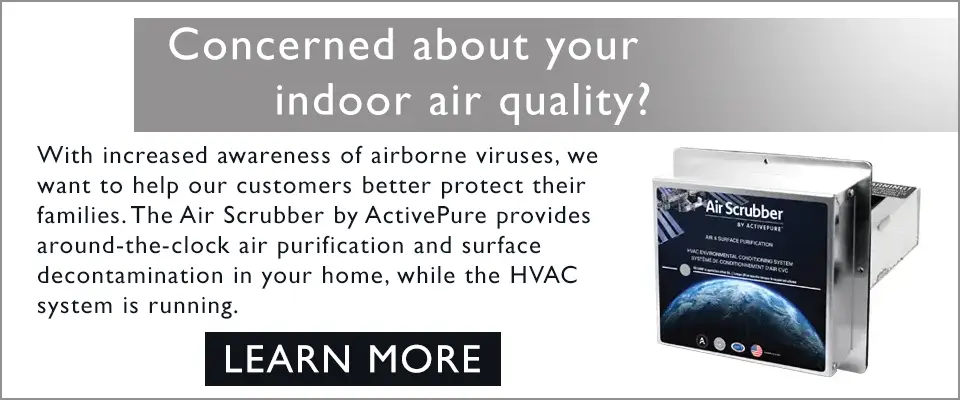Your HVAC system is working behind the scenes right now, keeping you comfortable without you having to think about it. But when something goes wrong, when you’re sweating through an August heat wave or shivering in your living room during a February cold snap, suddenly understanding how this system works becomes pretty important.
Here’s the thing: most homeowners treat their HVAC like a mystery box. Hot air comes out when they want heat, cold air when they want cooling, and that’s about as deep as it goes. But knowing a bit more about what’s happening can help you catch problems early, make smarter decisions about repairs, and maybe even save some money on those monthly energy bills.
What Your HVAC Actually Does All Day
HVAC stands for heating, ventilation, and air conditioning, which sounds fancy but really just means your system handles three jobs: keeping you warm, keeping you cool, and making sure the air in your house doesn’t get stale and weird.
Whether you’ve got a traditional setup with ducts running through your walls or one of those newer ductless systems, the basic goal is always the same. Your system is constantly working to hit that perfect balance between temperature, humidity, and air quality that makes your home feel just right.
Think of it like your house’s respiratory system. The air conditioner is the heart, the ducts are the arteries and veins, and the thermostat is the brain calling all the shots.
Your Air Conditioner Is Not Making Cold Air
Here’s something that surprises a lot of people: your air conditioner doesn’t create cold air. What it actually does is act like a heat vacuum, sucking the warmth out of your indoor air and dumping it outside.
The process happens in four clever steps. First, warm air from your house flows over some icy coils filled with refrigerant. The refrigerant absorbs all that heat and turns into a gas. Then, a compressor squeezes that gas, making it super hot. Next, the hot gas flows to coils outside where it releases all that stolen heat into the outdoor air and turns back into a liquid. Finally, the system cools that liquid down and sends it back inside to start the whole cycle over again.
It’s like a conveyor belt for heat, constantly moving warmth from where you don’t want it to where it can’t bother you. This process also pulls moisture out of the air, which is why your house feels so much better on those humid Arkansas summer days.
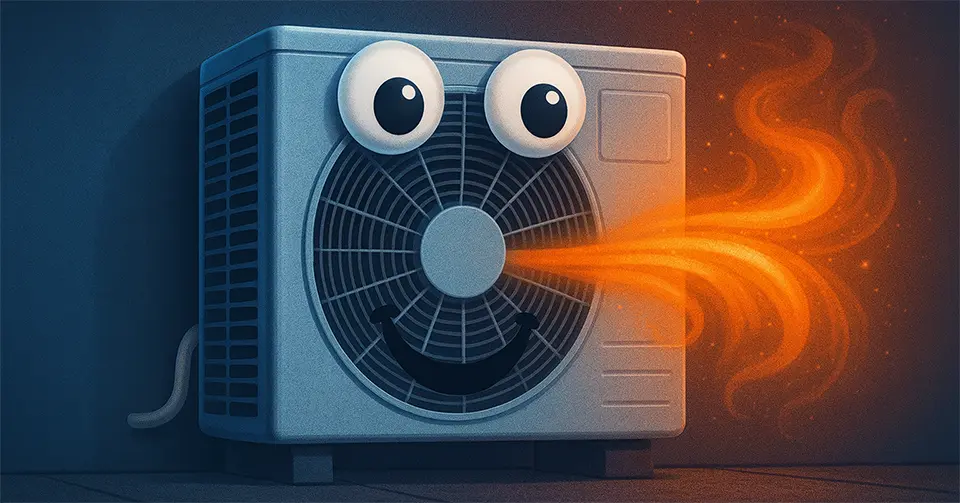
The Ventilation Part Nobody Thinks About
Ventilation is probably the most overlooked part of HVAC, but it plays a crucial role in ensuring you’re not breathing the same stale air over and over again. Without proper ventilation, your house would gradually fill up with cooking odors, humidity from showers, and other everyday pollutants.
Some ventilation happens naturally when you open windows or doors, but your HVAC system handles most of it mechanically. Fans pull in fresh outdoor air while pushing out stale indoor air. Better systems even have heat exchangers that warm up or cool down the incoming fresh air, so your system doesn’t have to work overtime.
The Science Stuff (Don’t Worry, We’ll Keep It Simple)
Your HVAC system works because of some basic physics principles. Heat always moves from hot places to cold places, which is why your coffee eventually gets room temperature and why your house gets cold in winter without heating.
HVAC systems help heat move where you want it to go faster and more efficiently. In winter, they move heat from your furnace or outside air into your house. In summer, they move heat from inside your home to the great outdoors.
The whole thing works because of engineering that takes advantage of how liquids and gases behave when you heat them, cool them down, and squeeze them. It’s the same basic science behind refrigerators, just scaled up for your whole house.
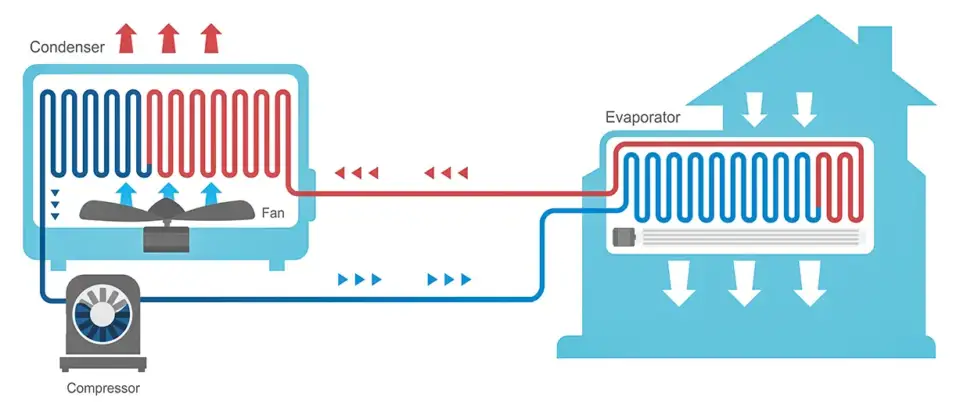
Keeping Your System Happy
A little attention goes a long way with HVAC maintenance. Your system wants to work properly, but it needs some basic care to keep doing its job well.
The easiest thing you can do is change your air filter regularly. A dirty filter makes your system work harder, like trying to breathe through a pillow. You should also keep an eye on your outdoor unit, clearing away leaves, grass clippings, and anything else that might block airflow.
Pay attention to how your system sounds and feels. Weird noises, weak airflow, or rooms that won’t get comfortable are all signs that something needs attention. Catching problems early usually means cheaper fixes.
For the harder stuff… sure, you can find HVAC advice online, but there is no substitute for having someone who knows what they’re doing look at your specific system. The professional technicians at Advantage Heating & Air Conditioning have the training to diagnose problems accurately, the tools to fix them properly, and the experience to spot issues before they become emergencies.
We also understand the unique challenges of Arkansas weather. We know what systems work best in our climate and what problems to watch out for during different seasons.
Final Thoughts
Understanding how your HVAC system works puts you in control. You’ll know what questions to ask when something goes wrong, what maintenance tasks to prioritize, and when it makes sense to invest in upgrades or repairs.
Your comfort system is one of the most significant investments in your home, and taking care of it correctly means it’ll take care of you for years to come. Whether you need routine maintenance, emergency repairs, or you’re ready to upgrade to newer equipment, Advantage Heating and Air Conditioning is here to help keep your Wynn home comfortable year-round.
Give us a call at (870) 238-8785 and let our experienced team help you get the most out of your home comfort system.
